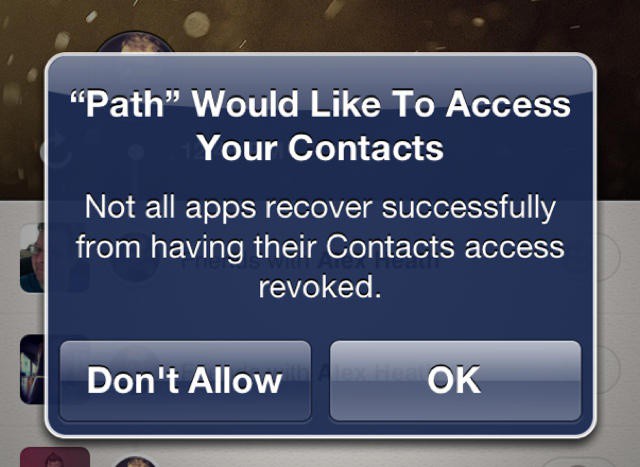A woman claims her employer wrongfully fired and retaliated against her for deleting a location-tracking app from her company-issued iPhone, and she’s taking her case to court.
Myrna Arias, formerly of money-transfer company Intermex, took issue with how the bosses were using productivity software Xora, which includes GPS tracking to monitor and optimize business travel. She claims that her higher-ups were using the data to keep tabs on her and coworkers even during off hours and that they terminated her shortly after she removed the offending app.


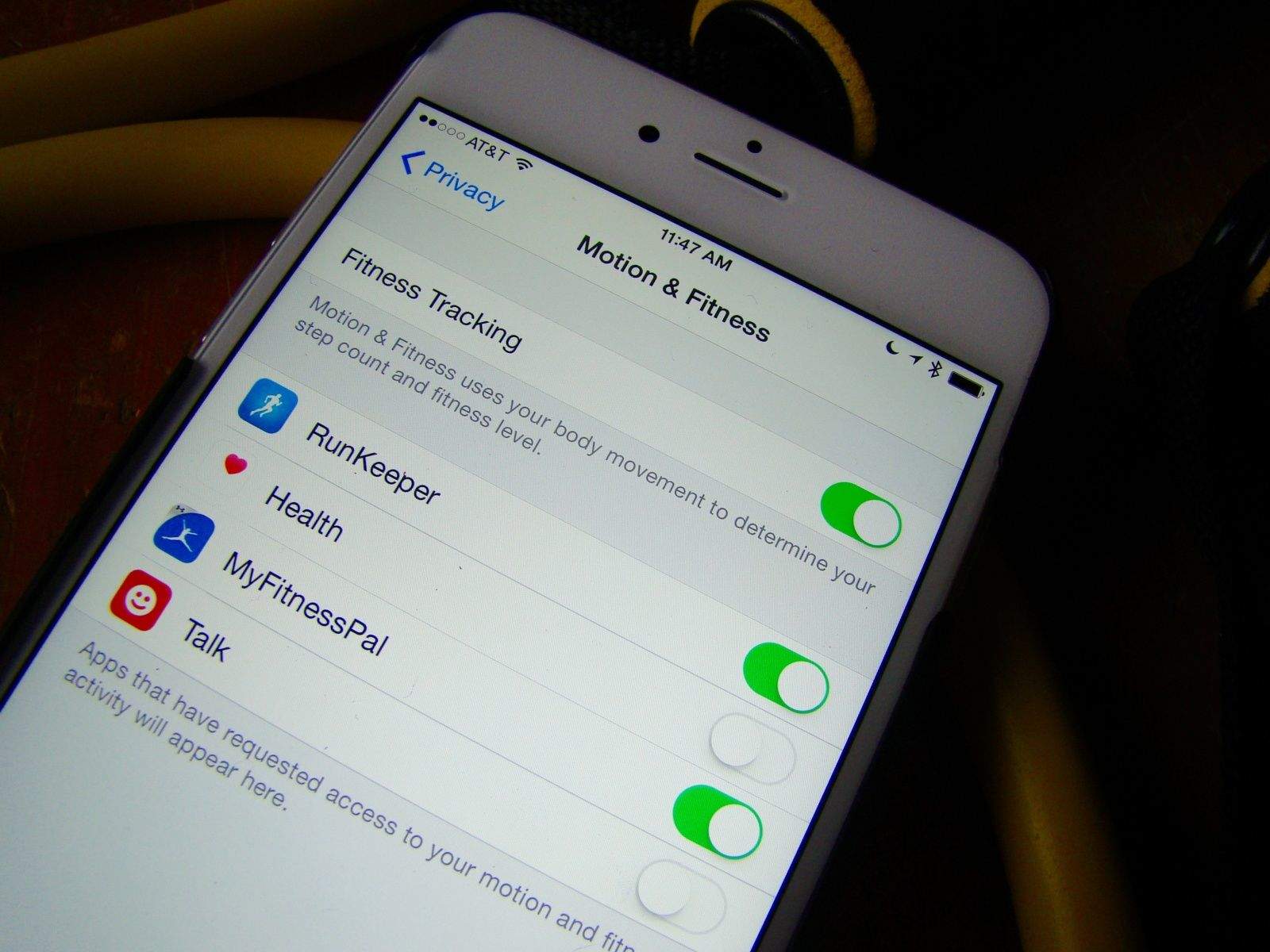



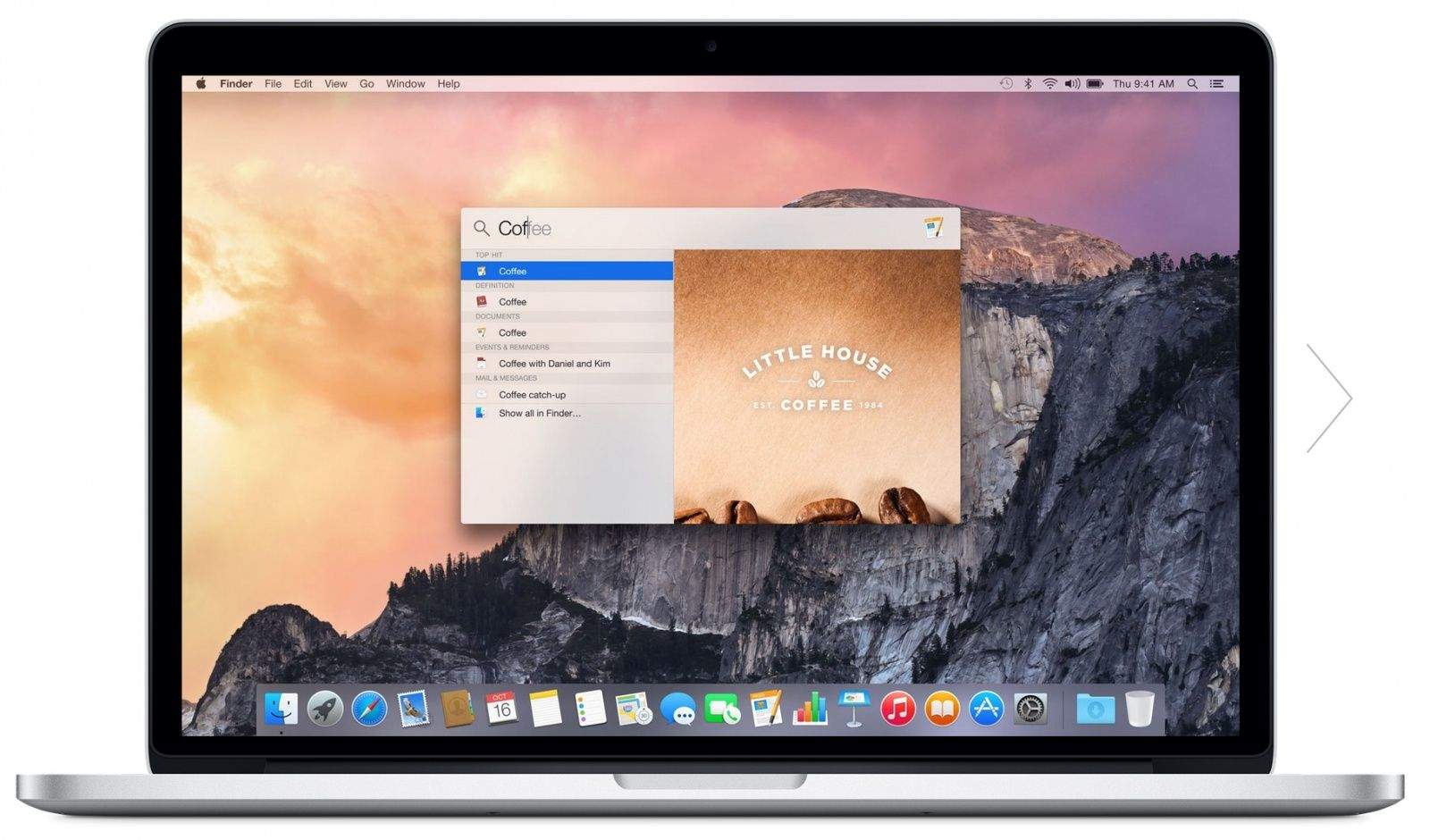


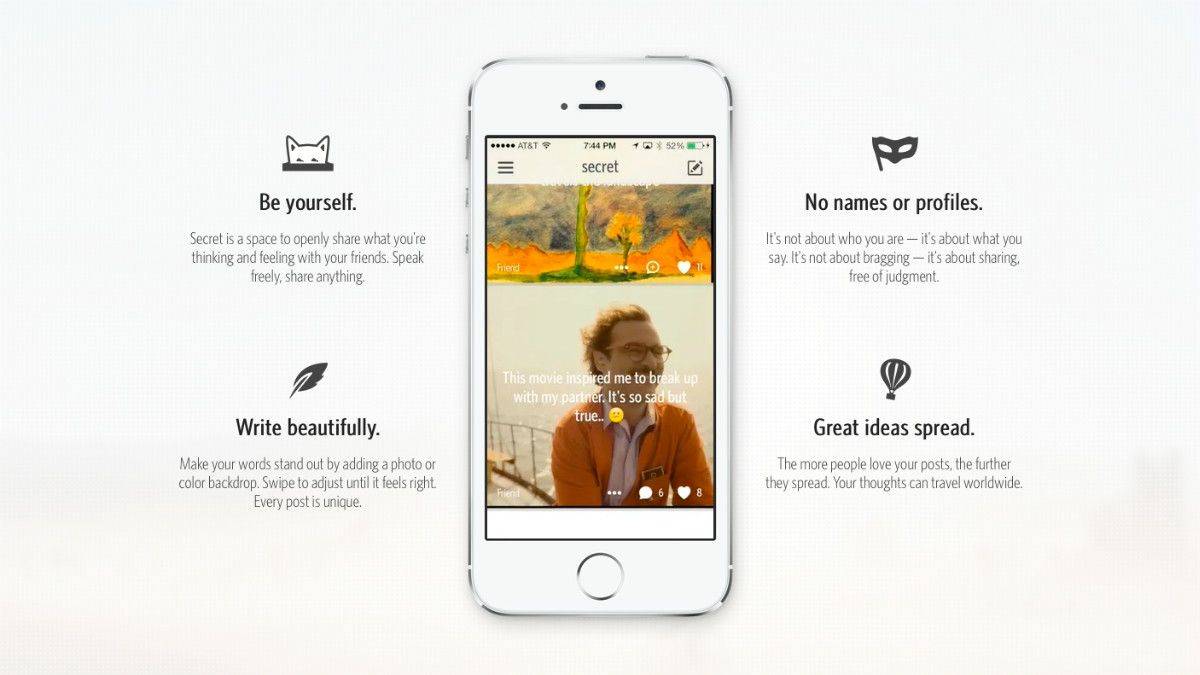

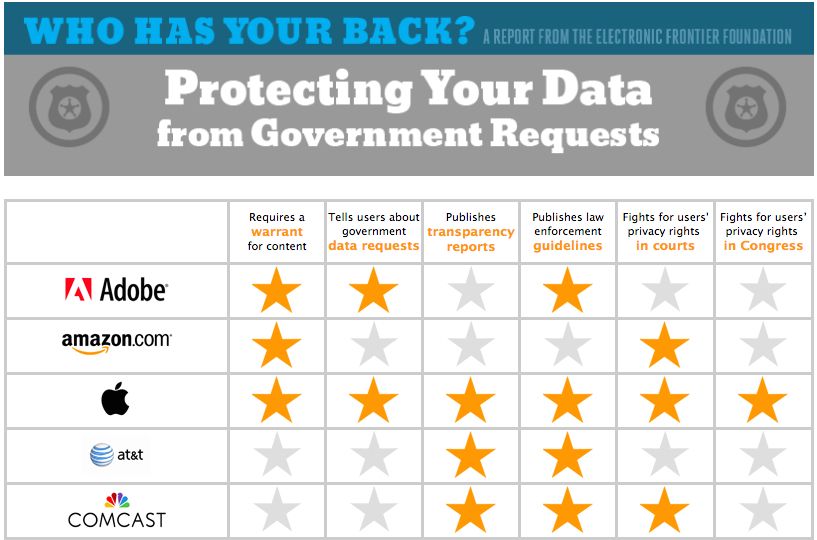



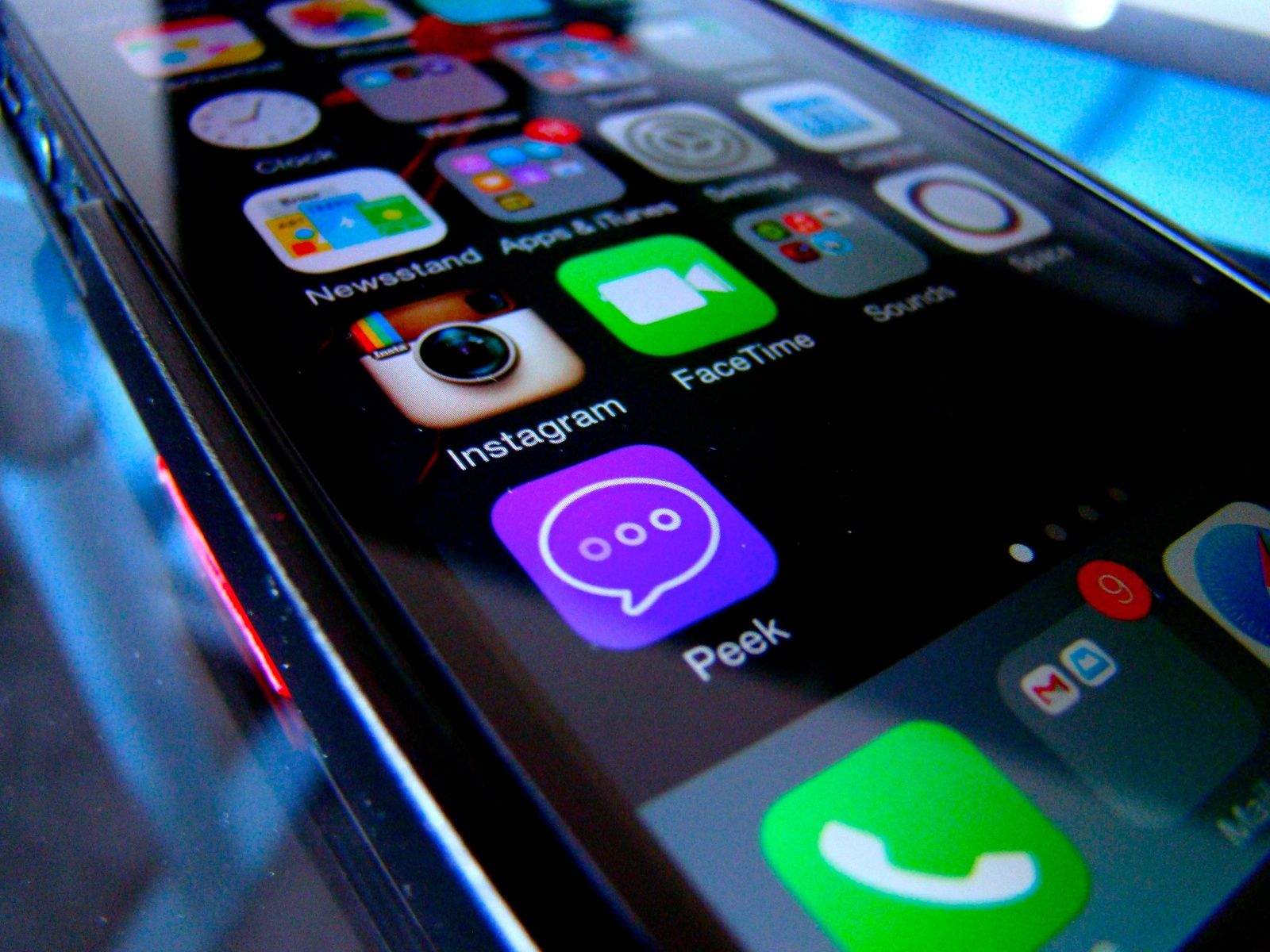
![Use Preview To Protect Your PDFs With Encryption [OS X Tips] password protected](https://www.cultofmac.com/wp-content/uploads/2014/03/password-protected.jpg)
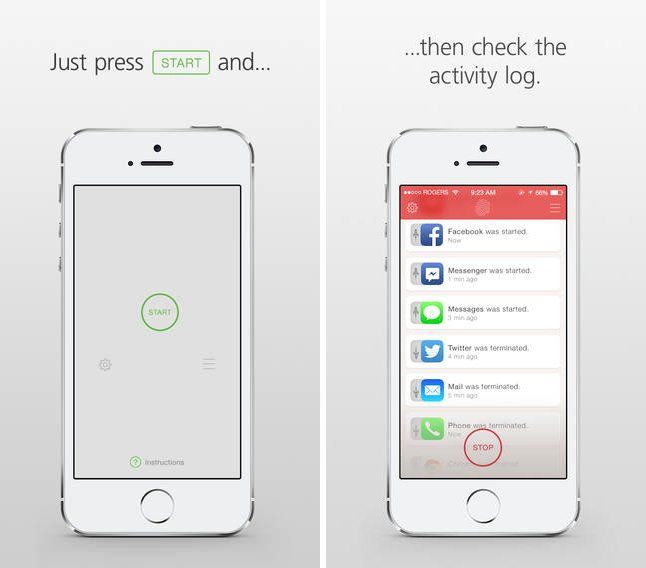
![How To Keep Web Sites From Listening To Your Microphone [OS X Tips] Omnibar](https://www.cultofmac.com/wp-content/uploads/2014/01/Omnibar.jpg)
![How To Set Up FileVault Protection On Your Mac [OS X Tips] Screen Shot 2014-01-14 at 7.08.29 PM](https://www.cultofmac.com/wp-content/uploads/2014/01/Screen-Shot-2014-01-14-at-7.08.29-PM.jpg)
![Allow Mobile Safari To Store Passwords For All Sites [iOS Tips] Safari Passwords](https://www.cultofmac.com/wp-content/uploads/2014/01/Safari-Passwords.jpg)
![Look Before You Leap – Preview Links On Your iPhone or iPad [iOS Tips] Preview Link](https://www.cultofmac.com/wp-content/uploads/2014/01/Preview-Link.jpg)
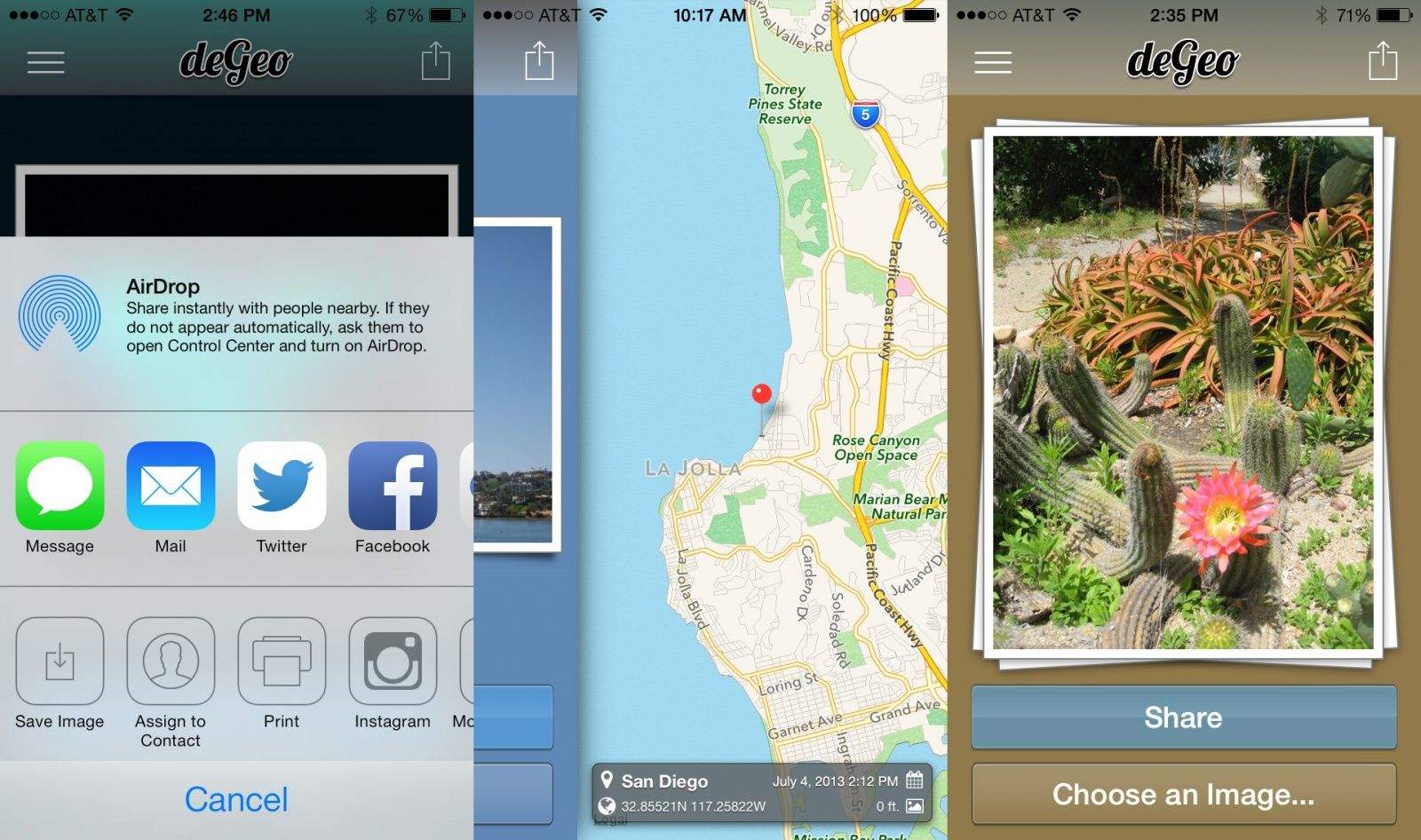
![Enable Do Not Track, Block Cookies, For Better Mobile Safari Privacy [iOS Tips] Privacy Mobile Safari](https://www.cultofmac.com/wp-content/uploads/2013/12/Privacy-Mobile-Safari.jpg)
